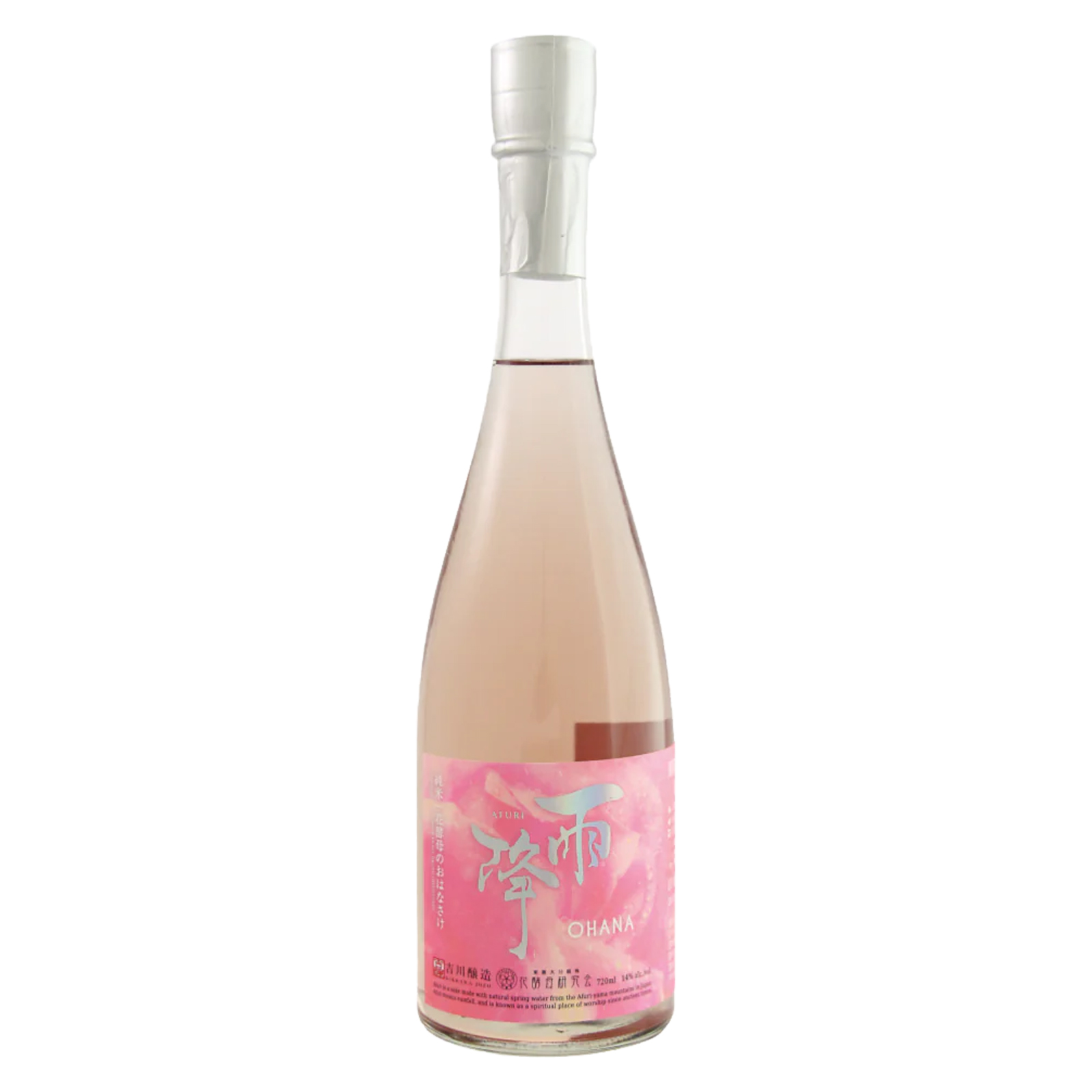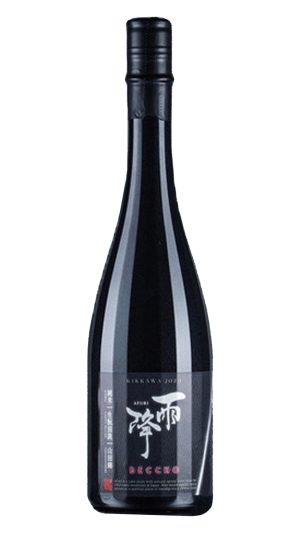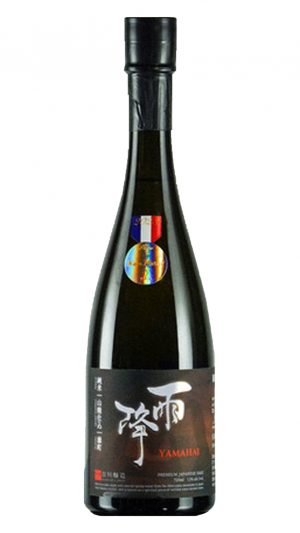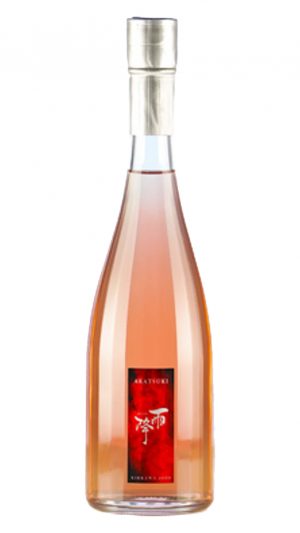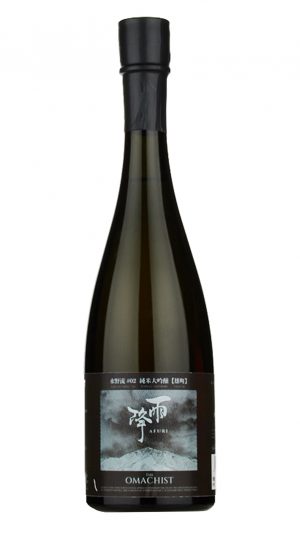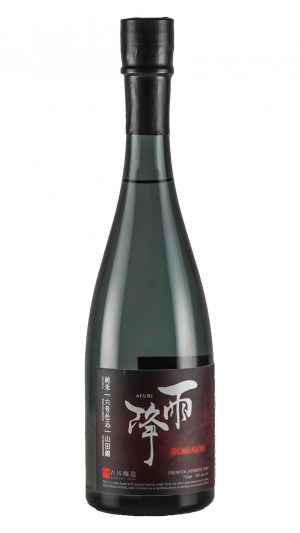Kikkawa Afuri Kimoto Ohanasake
Type: Sake
Country: Japan
Region: Kanagawa
Rice: Aiyama/Ancient Red Rice
Alcohol Percentage: 16%
Designation: Junmai
Polishing Ratio: 90%
Yeast Variety: Climbing Rose yeast
Style: Progressive
Tasting Notes: Sweet rose aromas lead to a palate of intense flavours, bright acidity, umami, sweetness and a touch of pleasing bitterness at the end. This sake is made with innovative flower yeast that results in an alluring aroma of a rose garden after rain. The ancient red rice which is rich in antioxidants and grown 100% organically also lends the sake a pretty pink hue
About the Brewery:
Established in 1912, Kikkawa Jozo is located at the foot of Tanzawa Oyama, historically known as “Afuri-yama” (meaning “Rainy Mountain”) because of its heavy annual rainfall. Also a place to worship the god of rain, the Oyama-Afuri Shrine is one of the most famous “power spots” in Japan. The Shrine is also known to house the “God of Sake”. Kikkawa Jozo has a deep connection with this shrine.
The subterranean water from the area is slowly and naturally filtered to become crystal clear natural spring water, rich in minerals with a hardness of 150 (mg/L), the highest in Japan.
Although many sake breweries boast their exceptionally soft natural water, Kikkawa Jozo has a different approach entirely. Of the 3 wells on the brewery property, the well with the most mineral content is drawn for brewing, contributing to their beautifully crisp Sake.
Kikkawa Jozo combines traditional brewing methods such as Hako-Koji production with more modern techniques and updated equipment. The 5 full-time brewers are all younger than average and represent a new generation of passionate sake artisans.
Kikkawa Jozo was bought and renewed by a Tokyo-based company the Shimada Group. All the original brewers remained to continue the craft however, the direction of the brand was rethought. With the greater world in view, the new brand Afuri was launched with the international palate in mind.
Afuri sakes are uniquely traditional yet modern, often created with big experimental ideas that lead to new and unusual expressions of the traditional beverage. The key components being the same, sake rice, a natural spring water source, koji and traditional brewing methods are combined with new techniques such as short-term ageing in a Bordeaux barrel and the use of lesser-known yeasts, Afuri sake has become a beverage that can often lie on the border between sake and wine.

